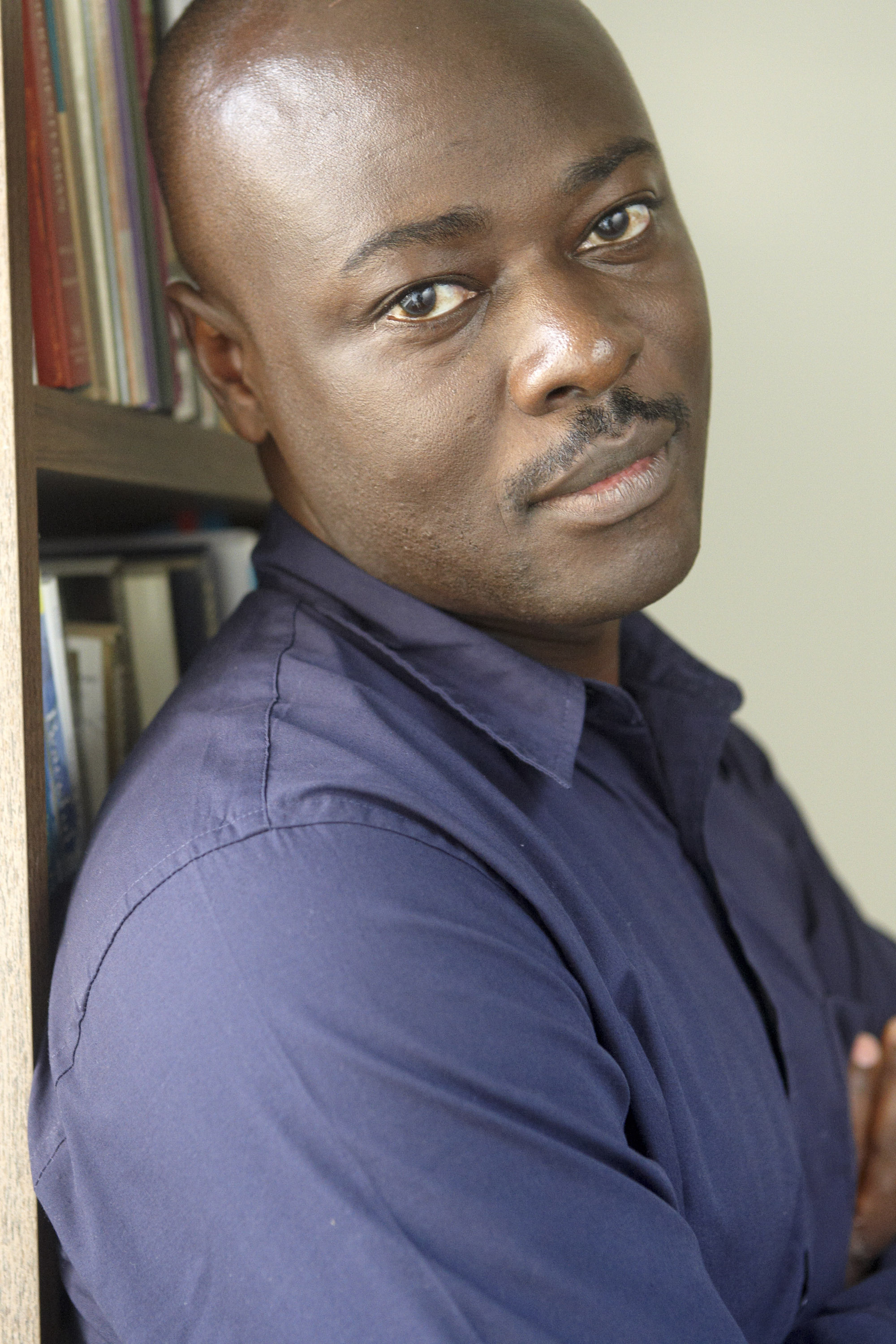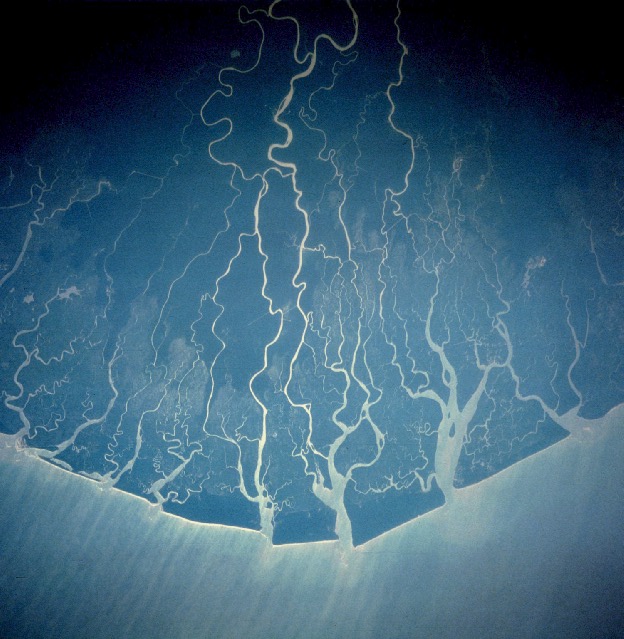|
Oil On Water
''Oil on Water'' is a 2010 petrofiction novel by Nigerian author Helon Habila. The novel documents the experience of two journalists as they try to rescue a kidnapped European wife in the oil landscape of the Niger Delta. The novel explores themes of both the ecological and political consequences of oil conflict and petrodollars in the delta. The novel was well received. ''Orion'' magazine called the novel successful, "a powerful work, one that reaffirms that art done well is always big enough to contain politics". A review in the Guardian called the book a "powerful, accomplished third novel hichdisplays a growing pessimism about journalism's capacity to effect change." Awards * 2011 Commonwealth Writers Prize, shortlist * 2012 Orion Book Award, shortlist * 2012 PEN/Open Book Award PEN/Open Book (known as the Beyond Margins Award through 2009) is a program intended to foster racial and ethnic diversity within the literary and publishing communities, and works to establish ac ... [...More Info...] [...Related Items...] OR: [Wikipedia] [Google] [Baidu] |
Petrofiction
Petrofiction or oil fiction, is a genre of fiction focused on the role of petroleum in society. Background The concept was first developed by Amitav Ghosh to classify literature about the petroleum industry and the impact of oil on society. He coined the term when reviewing Abdul Rahman Munif's ''Cities of Salt'' in 1992. When describing the concept, he noticed an absence of literature exploring the role of "oil encounters" between countries that extract oil and those that consume. Imre Szeman in a 2012 editorial introduction to a special edition of the ''American Book Review'' proposed a slightly larger scope: all works that explore "the important role played by oil in contemporary society." Works of petrofiction proliferated in the 2000s and 2010s, along with a growing critical focus, as a result of concerns about climate change and peak oil. Since its inauguration the term has been widely used in literary criticism to explore fiction which evaluates society's dominance by a p ... [...More Info...] [...Related Items...] OR: [Wikipedia] [Google] [Baidu] |
Helon Habila
Helon Habila Ngalabak (born November 1967) is a Nigerian novelist and poet, whose writing has won many prizes, including the Caine Prize in 2001. He worked as a lecturer and journalist in Nigeria before moving in 2002 to England, where he was a Chevening Scholar at the University of East Anglia, and now teaches creative writing at George Mason University, Fairfax, Virginia. Background Helon Habila was born in Kaltungo, Gombe State, Nigeria. He studied English Language and Literature at the University of Jos and lectured for three years at the Federal Polytechnic, Bauchi. In 1999 he went to Lagos to write for ''Hints'' magazine, moving to ''Vanguard'' newspaper as Literary Editor.Biography Helon Habila website. Habila won the Music Society of Nigeria (MUSON) national poetry award for his poem "Another Age" in 2000, the same year his short story collectio ... [...More Info...] [...Related Items...] OR: [Wikipedia] [Google] [Baidu] |
Niger Delta
The Niger Delta is the delta of the Niger River sitting directly on the Gulf of Guinea on the Atlantic Ocean in Nigeria. It is located within nine coastal southern Nigerian states, which include: all six states from the South South geopolitical zone, one state (Ondo) from South West geopolitical zone and two states (Abia and Imo) from South East geopolitical zone. The Niger Delta is a very densely populated region sometimes called the Oil Rivers because it was once a major producer of palm oil. The area was the British Oil Rivers Protectorate from 1885 until 1893, when it was expanded and became the Niger Coast Protectorate. The delta is a petroleum-rich region and has been the center of international concern over pollution that has resulted principally from major oil spills of multinational corporations of the petroleum industry. Geography The Niger Delta, as now defined officially by the Nigerian government, extends over about and makes up 7.5% of Nigeria's land mass. H ... [...More Info...] [...Related Items...] OR: [Wikipedia] [Google] [Baidu] |
Oil Conflict
An oil is any nonpolar chemical substance that is composed primarily of hydrocarbons and is hydrophobic (does not mix with water) & lipophilic (mixes with other oils). Oils are usually flammable and surface active. Most oils are unsaturated lipids that are liquid at room temperature. The general definition of oil includes classes of chemical compounds that may be otherwise unrelated in structure, properties, and uses. Oils may be animal, vegetable, or petrochemical in origin, and may be volatile or non-volatile. They are used for food (e.g., olive oil), fuel (e.g., heating oil), medical purposes (e.g., mineral oil), lubrication (e.g. motor oil), and the manufacture of many types of paints, plastics, and other materials. Specially prepared oils are used in some religious ceremonies and rituals as purifying agents. Etymology First attested in English 1176, the word ''oil'' comes from Old French ''oile'', from Latin ''oleum'', which in turn comes from the Greek (''elaio ... [...More Info...] [...Related Items...] OR: [Wikipedia] [Google] [Baidu] |
Petrodollars
Petrodollar recycling is the international spending or investment of a country's revenues from petroleum exports ("petrodollars"). It generally refers to the phenomenon of major petroleum-exporting states, mainly the OPEC members plus Russia and Norway, earning more money from the export of crude oil than they could efficiently invest in their own economies. The resulting global interdependencies and financial flows, from oil producers back to oil consumers, can reach a scale of hundreds of billions of US dollars per year – including a wide range of transactions in a variety of currencies, some pegged to the US dollar and some not. These flows are heavily influenced by government-level decisions regarding international investment and aid, with important consequences for both global finance and petroleum politics. The phenomenon is most pronounced during periods when the price of oil is historically high. The term petrodollar was coined in the early 1970s during the oil c ... [...More Info...] [...Related Items...] OR: [Wikipedia] [Google] [Baidu] |
Orion (magazine)
''Orion'' is a quarterly, advertisement-free, nonprofit magazine focused on nature, culture, and place addressing environmental and societal issues. It has published such authors as Wendell Berry, Barry Lopez, Terry Tempest Williams, Michael Pollan, Mark Kurlansky, Derrick Jensen, Sandra Steingraber, Gretel Ehrlich, Bill McKibben, Barbara Kingsolver, Rebecca Solnit, Cormac Cullinan, Erik Reece, James Howard Kunstler and E. O. Wilson. In 2010, ''Orion'' was the recipient of ''Utne Reader ''Utne Reader'' (also known as ''Utne'') ( ) is a digital digest that collects and reprints articles on politics, culture, and the environment, generally from alternative media sources including journals, newsletters, weeklies, zines, music, and ...'' magazine's Utne Independent Press Award for General Excellence. Orion Book Award Since 2007, the magazine has administered an annual book award competition, which is described by the magazine as "given annually to a book that addresses the hu ... [...More Info...] [...Related Items...] OR: [Wikipedia] [Google] [Baidu] |
Commonwealth Writers Prize
Commonwealth Foundation presented a number of prizes between 1987 and 2011. The main award was called the Commonwealth Writers' Prize and was composed of two prizes: the Best Book Prize (overall and regional) was awarded from 1987 to 2011; the Best First Book prize was awarded from 1989 to 2011. In addition the Commonwealth Short Story Competition was awarded from 1996 to 2011. Beginning in 2012, Commonwealth Foundation discontinued its previous awards and created a new cultural initiative called Commonwealth Writers, which offered two new awards: the Commonwealth Book Prize for the best first book, in which regional winners received £2,500 and the overall winner received £10,000; and the Commonwealth Short Story Prize for the best short stories, in which regional winners received £1,000 and the overall winner received £5,000. After two years, the Book Prize was discontinued. The Short Story Prize remains the sole award from Commonwealth Writers. Commonwealth Short Story Prize ... [...More Info...] [...Related Items...] OR: [Wikipedia] [Google] [Baidu] |
PEN/Open Book Award
PEN/Open Book (known as the Beyond Margins Award through 2009) is a program intended to foster racial and ethnic diversity within the literary and publishing communities, and works to establish access for diverse literary groups to the publishing industry. Created in 1991 by the PEN American Center (today PEN America PEN America (formerly PEN American Center), founded in 1922 and headquartered in New York City, is a nonprofit organization that works to defend and celebrate free expression in the United States and worldwide through the advancement of litera ...), the PEN/Open Book program ensures custodians of language and literature are representative of the American people. The Committee discusses mutual concerns and strategies for advancing writing and professional activities, and coordinates Open Book events. While multiple awards were presented in previous years, the PEN Open Book Award now presents one award every year to books published in the United States (but without ... [...More Info...] [...Related Items...] OR: [Wikipedia] [Google] [Baidu] |
2010 Nigerian Novels
1 (one, unit, unity) is a number representing a single or the only entity. 1 is also a numerical digit and represents a single unit of counting or measurement. For example, a line segment of ''unit length'' is a line segment of length 1. In conventions of sign where zero is considered neither positive nor negative, 1 is the first and smallest positive integer. It is also sometimes considered the first of the infinite sequence of natural numbers, followed by 2, although by other definitions 1 is the second natural number, following 0. The fundamental mathematical property of 1 is to be a multiplicative identity, meaning that any number multiplied by 1 equals the same number. Most if not all properties of 1 can be deduced from this. In advanced mathematics, a multiplicative identity is often denoted 1, even if it is not a number. 1 is by convention not considered a prime number; this was not universally accepted until the mid-20th century. Additionally, 1 is ... [...More Info...] [...Related Items...] OR: [Wikipedia] [Google] [Baidu] |




